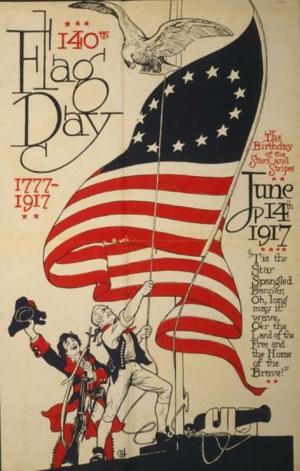| Author: | Elliott O'Donnell | ISBN: | 9781465552938 |
| Publisher: | Library of Alexandria | Publication: | March 8, 2015 |
| Imprint: | Language: | English |
| Author: | Elliott O'Donnell |
| ISBN: | 9781465552938 |
| Publisher: | Library of Alexandria |
| Publication: | March 8, 2015 |
| Imprint: | |
| Language: | English |
HOW THEY FIRST HEARD OF ATLANTIS Rain is responsible for a great deal more than the mere growth of vegetables—it is a controller, if a somewhat capricious controller, of man's destiny. It was mainly, if not entirely, owing to rain that the French lost the Battle of Agincourt; whilst, if I mistake not, Confucius alone knows how many victories have been snatched from the Chinese by the same factor. It was most certainly rain that drove Leon Hamar to take refuge in a second-hand bookshop; for so deep-rooted was his aversion to any literature saving a financial gazette or the stock and shares column of a daily, that nothing would have induced him to get within touching distance of a book save the risk of a severe wetting. Now, to his unutterable disgust, he found himself surrounded by the things he loathed. Books ancient—very ancient, judging by their bindings—and modern—histories, biographies, novels and magazines—anything from ten dollars to five cents, and all arrayed with most laudable tact according to their bulk and condition. But Hamar was neither to be tempted nor mollified. He frowned at one and all alike, and the colossal edition of Miss Somebody or Other's poems—that by reason of its magnificent cover of crimson and gold occupied a most prominent position—met with the same vindictive reception as the tattered and torn volumes of Whittier stowed away in an obscure corner. Backing still further into the entrance of the store for a better protection from the rain, which, now falling heavier and heavier, was blown in by the wind, Hamar collided with a stand of books, with the result that one of them fell with a loud bang on the pavement. A man, evidently the owner of the store, and unmistakably a Jew, instantly appeared. Picking up the book, and wiping it with a dirty handkerchief, he thrust it at Hamar
HOW THEY FIRST HEARD OF ATLANTIS Rain is responsible for a great deal more than the mere growth of vegetables—it is a controller, if a somewhat capricious controller, of man's destiny. It was mainly, if not entirely, owing to rain that the French lost the Battle of Agincourt; whilst, if I mistake not, Confucius alone knows how many victories have been snatched from the Chinese by the same factor. It was most certainly rain that drove Leon Hamar to take refuge in a second-hand bookshop; for so deep-rooted was his aversion to any literature saving a financial gazette or the stock and shares column of a daily, that nothing would have induced him to get within touching distance of a book save the risk of a severe wetting. Now, to his unutterable disgust, he found himself surrounded by the things he loathed. Books ancient—very ancient, judging by their bindings—and modern—histories, biographies, novels and magazines—anything from ten dollars to five cents, and all arrayed with most laudable tact according to their bulk and condition. But Hamar was neither to be tempted nor mollified. He frowned at one and all alike, and the colossal edition of Miss Somebody or Other's poems—that by reason of its magnificent cover of crimson and gold occupied a most prominent position—met with the same vindictive reception as the tattered and torn volumes of Whittier stowed away in an obscure corner. Backing still further into the entrance of the store for a better protection from the rain, which, now falling heavier and heavier, was blown in by the wind, Hamar collided with a stand of books, with the result that one of them fell with a loud bang on the pavement. A man, evidently the owner of the store, and unmistakably a Jew, instantly appeared. Picking up the book, and wiping it with a dirty handkerchief, he thrust it at Hamar















